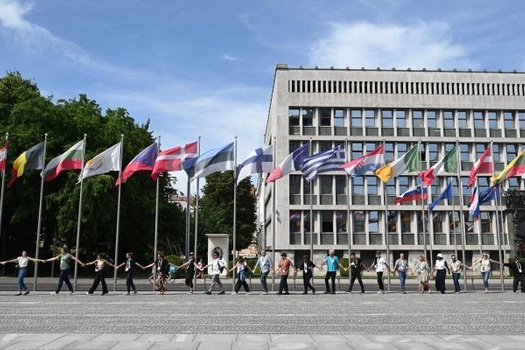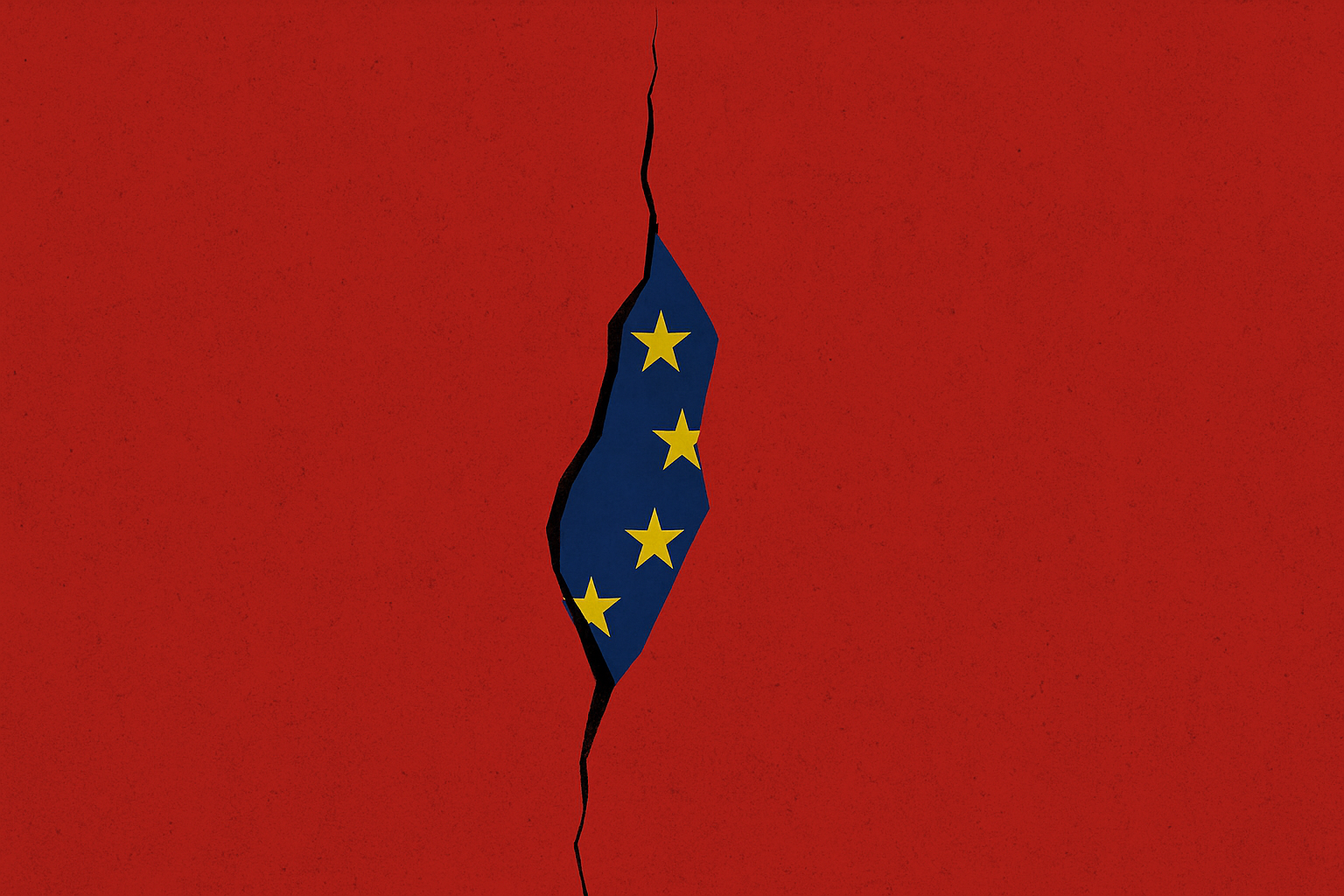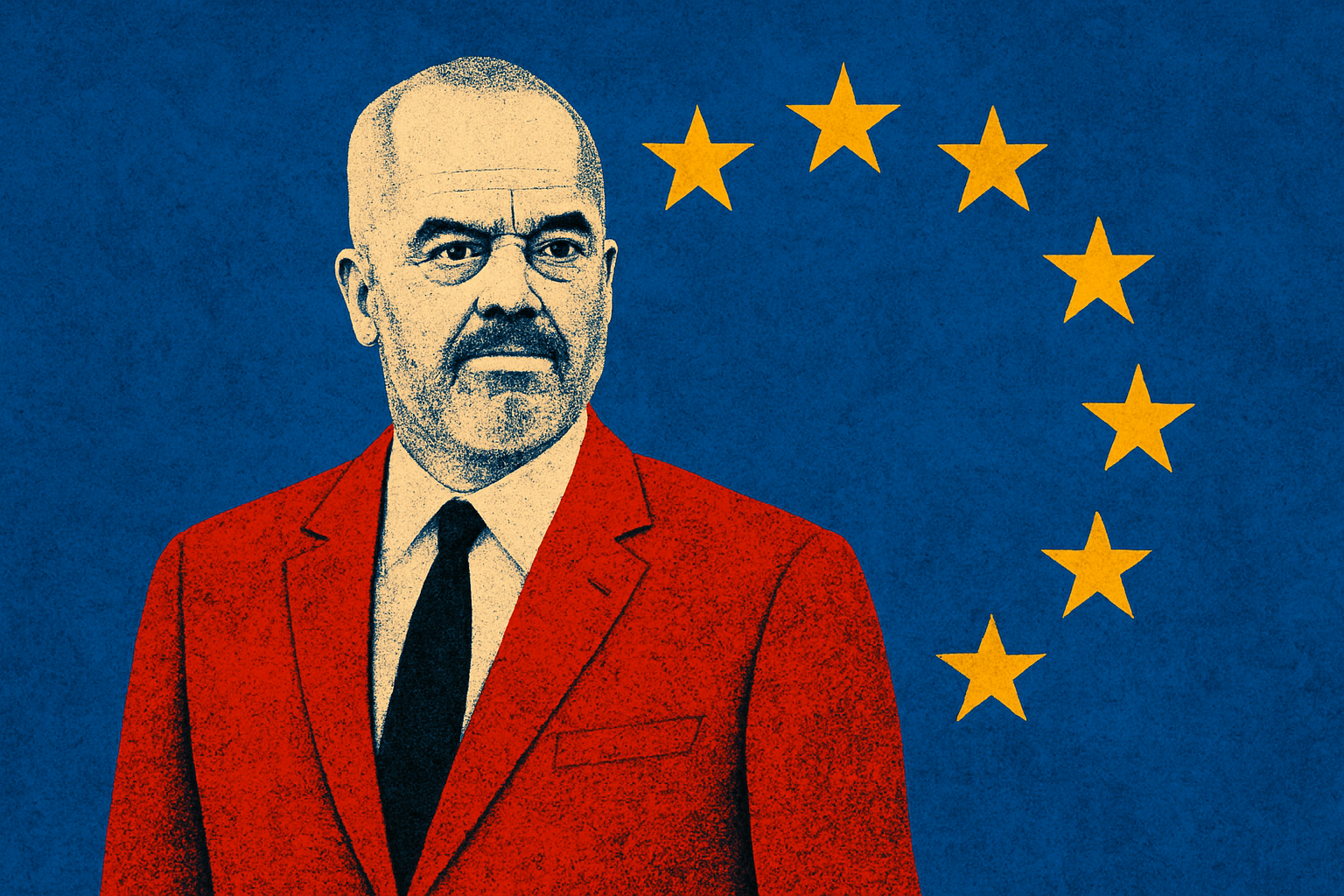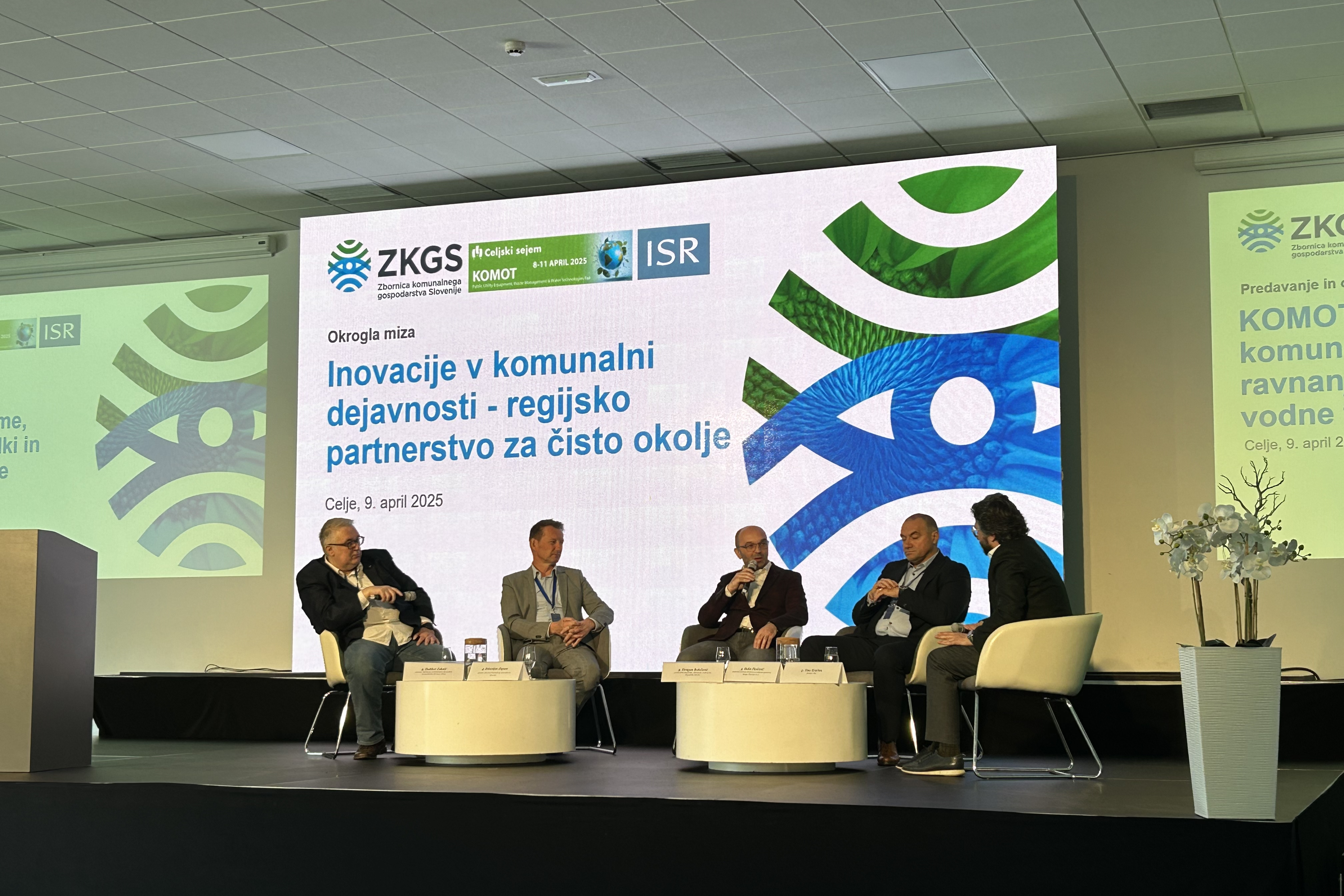Sustainability
There are changes that companies should adopt with a sense of urgency
Barbara Matijašič
JOURNALIST AT THE ADRIATIC
Gecić Law is a prominent regional law firm that helps clients navigate through the complex legal landscape of the region across multiple practice areas. It is especially known for its expertise in EU law and international trade - Gecić Law is the only regional law firm that has continuously represented clients in crucial matters before international institutions, including the European Commission, the Energy Community, the ECAA, and CEFTA. We spoke to Branko Gabrić, a counsel at Gecić Law about legislative framework to combat climate change.
How can the Net Zero Conference inspire your practice?
It was a pleasure to take part in the conference. We advise clients across the Adria and Balkans region and beyond, which includes both EU accession and member countries. EU law is therefore the backbone of most of our activities. Regardless of the type of client, specific mandate or jurisdiction, we are increasingly guided by developments in EU law, which are becoming increasingly relevant across the board. This includes EU’s legislative framework to combat climate change – the Fit for 55 legislative package, which is taking shape, as its ramifications will affect many aspects of business and law. In this sense, the Slovenian experience is especially interesting as perhaps our closest gateway to EU’s best practices and the conference provided a thorough insight and inspiration for our work. The conference was also an excellent opportunity to discuss this important topic with people who deal with it from different aspects and learn from their experience. I am deeply convinced that your conference created an enjoyable background for a prolific exchange of knowledge and different views, in which we were more than happy to participate and contribute.
In your opinion, what are the main challenges for the region on the path to net zero emissions?
Challenges in our region are numerous. At the level of countries, economies and the region as a whole, major steps lie ahead to change the energy mix as it remains heavily reliant on coal. Major plans for investments in renewable energy in the coming decades are being announced to catch up with EU plans, which are aiming for a 55 percent emissions reduction by 2030 and reaching net zero by 2050. To achieve this, another important challenge for the countries of the region is to introduce carbon pricing systems and viable emissions trading schemes, which are in line with the systems that have already been in place in the EU for many years. At the level of businesses, the biggest challenge will be to successfully incorporate the inevitable need to reduce carbon emissions into their strategies and adjust their business models to accommodate this overarching objective. For many companies, this will require significant changes which begin with a fundamental shift in strategic priorities and an entirely new approach to business. And these changes should take place with a sense of urgency, as there is not much time left.
What types of projects is Gecić Law currently working on in the field? Are they industry specific? If yes, how? If no, why not?
We are closely following the developments with one of the aspects of the Fit for 55 package that, once implemented, is likely to have an immediate and direct effect on the regional economies and this is the Carbon Border Adjustment Mechanism (CBAM). Dubbed the “carbon tax”, CBAM is a levy that the EU is aiming to introduce on the imports of products that generate high emissions in their manufacturing processes. This way, the EU is hoping to achieve a level playing field on the internal market. Regarding products manufactured in the EU, they already have to pay for carbon emission allowances under the unions ‘ emissions trading system. The introduction of the CBAM is likely to mark a tectonic shift in international trade that will affect whole supply chain including manufacturers, customers and consumers. Planned to be phased in starting 2023, the CBAM will initially include cement, steel, fertilisers, iron, steel, aluminum, and electricity from coal etc., but is likely to have a spillover effect on the costs of any finished goods that use these as components in their production processes. Our firm is advising on the multi-layered work that will be required both from governments and businesses to address these changes.
From a broader perspective, we are also working on some of the largest, most interesting and innovative renewable energy projects in the region. This field will see significant growth in the coming years and we are pleased that our team has the strength of expertise and unparalleled experience to fulfill the most demanding requirements in the area. We are looking forward to offer our knowledge and practice supporting our clients in diversification their energy portfolio to renewables, which could have many positive effects not only for their business but for our healthier environment.

How are legislative developments such as EU’s CBAM likely to affect companies in the region?
The economies of the Western Balkans are likely to be significantly affected by the introduction of CBAM. The EU accounts for nearly 70 percent of the region’s exports and products potentially affected by CBAM are an important part of the economy. The levy is likely to affect pricing and, therefore, the competitiveness of products imported into the EU market. A lot of work still needs to be done across the region to mitigate these risks. The process also involves both governments and lawmakers, who will take steps to ensure there is a basis for the introduction of functional local carbon emissions exchange systems, and businesses, that must be much more conscious of the impact of their production processes and the financial costs of their CO2 emissions that they will soon have to deal with. Failing to act on both ends may have far-reaching implications for the economies of the region. A firm renowned for its expertise in EU law, Gecić Law is proud to be the only law firm in the region with the experience and expertise to advise both sovereigns and affected companies on this highly specific and complex set of issues.
What is capacity of EU to support green transition on global level?
It is widely recognized the position of EU as a leader in green transition on global level. This is where proposals like CBAM helps to provide more structural market that is still looking to define itself at larger scale. By imposing environmental policies like carbon tax on imports via the CBAM the EU hopes to affect external change, by driving change from the inside-out. The powerful single market of the EU could have serious impact when it comes to conversation regarding the carbon and climate. EU through enacting environmental regulations that influence the global business stage raises standards all across the world. Due to factors including the size of internal market and its importance on global level, businesses who trade worldwide may discover that maintaining lower standards in non-EU markets is not convenient from an economic, legal, or technical standpoint.
ESG is another hot topic. What should be the main focus for businesses in the region to comply with new trends?
ESG is a very closely related but an even broader topic. The main challenge is that many businesses still take a short-term approach, seeing adherence to ESG standards as a “nice-to-have” voluntary action, rather than a strategic business shift. However, failing to prepare and adapt may soon significantly affect their ability to compete in the market, sell their products and have access to financing. Regulators, investors, creditors, customers, and other key stakeholders will increasingly insist on responsible business conduct in these vital areas.Therefore, we help our clients by closely monitoring government policies updates and have a smooth channel to communicate with government authorities with aim to fully comply their business with most recent developments in environmental policies. Beyond the reputational impact, many of these standards are becoming mandatory. As the region moves on in its EU accession process, we advise clients on emerging EU rules on ESG that are likely to define the business environment in the years to come, and how this may impact the Western Balkans.
As one of the few independent law firms advising in this area, we aim to provide bespoke solutions, taking into account the specific position and needs of each enterprise. We carefully analyze both the risks and benefits and prioritize our advice on how to best adapt from a regulatory, strategic, financial and operational standpoint.
You have a wide range of experience in the field of ESG - do you have any thoughts or advice for companies and organisations in the context of greenwashing?
It is most important that businesses take a long-term, strategic view of ESG considerations and understand how ESG standards can help their business adapt and grow. Greenwashing is a practice aimed at achieving short-term public relations or marketing gains. Ironically, as we have seen in many examples, greenwashing may have truly harmful effects and destroy the reputations of businesses. The truth is businesses will quite simply no longer be able to afford to greenwash as the regulatory framework develops. Even more importantly, key stakeholders are increasingly becoming aware and active, and are no longer willing to accept corporate behavior which does not adhere to standards in these areas. And they are especially sensitive to businesses being untruthful about their practices. This does impact enterprises in our region sometimes more than they realize.
In your opinion, how can companies and organisations contribute their fair share to carbon neutrality? Do you believe "the silver bullet" exists?
There are no simple solutions and ready-made recipes. Each company needs to look not only at the totality of its operations but increasingly at its supply chain and carefully balance and incorporate solutions. There are no silver bullets as every option has its advantages and disadvantages, and these need to be carefully weighted. From the perspective of our region and profession, it is also up to regulators and lawmakers to set the framework and define standards, a process that is gradually coming to fruition. At least for the moment, one must also take into consideration the current energy crisis and its potential effects on the path to net zero. At the same time, we should always keep in mind that ultimately there is no alternative but to persevere, as fundamentaly this is an existential issue for humanity as a whole.











